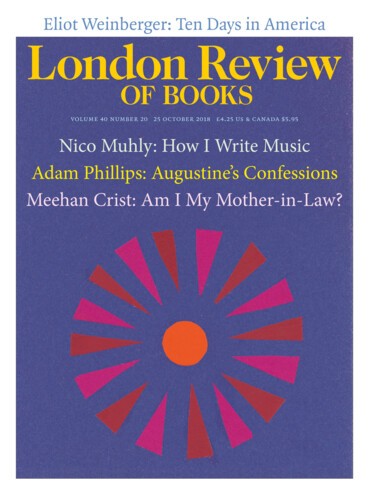Prospects for Ambazonia
Adéwálé Májà-Pearce, 25 October 2018
On 5 January this year, Nigerian security operatives abducted 12 men from a hotel in Abuja, the federal capital. All were members of the self-styled government of the Republic of Ambazonia, Africa’s latest secessionist movement in neighbouring Cameroon, and all were refugees in Nigeria, some of long standing, among them Sisiku Julius Ayuk Tabe, the would-be president of the aspiring...




